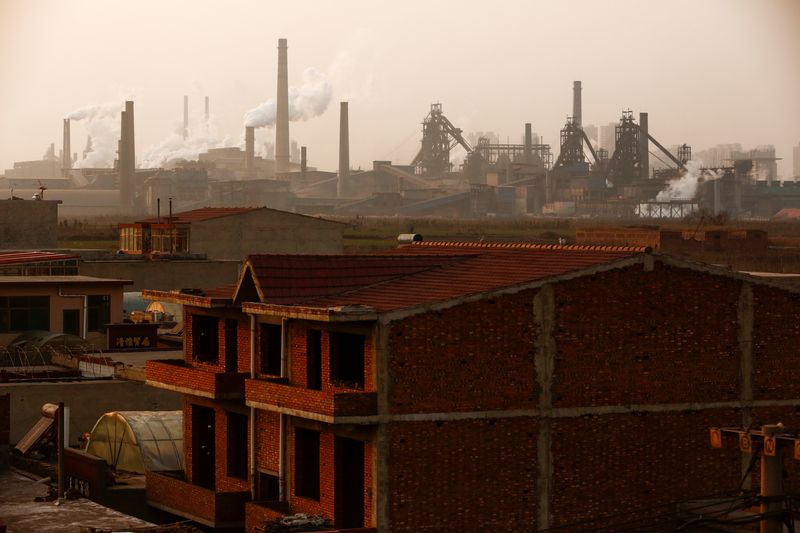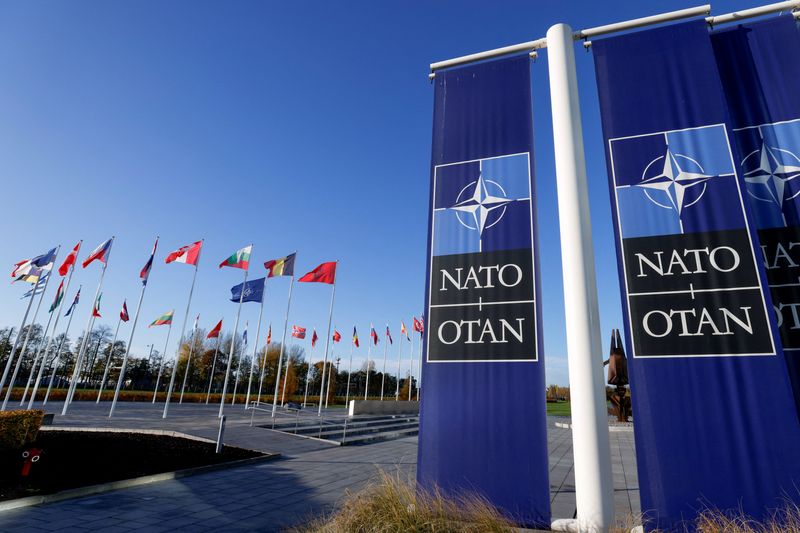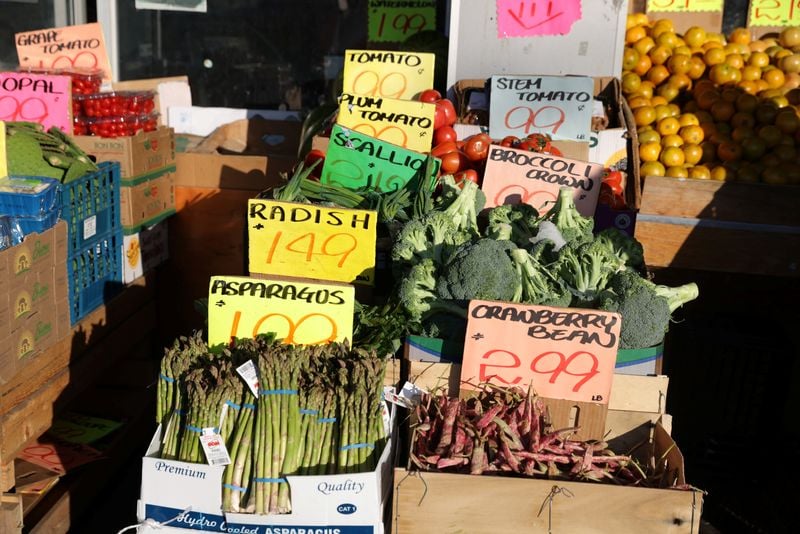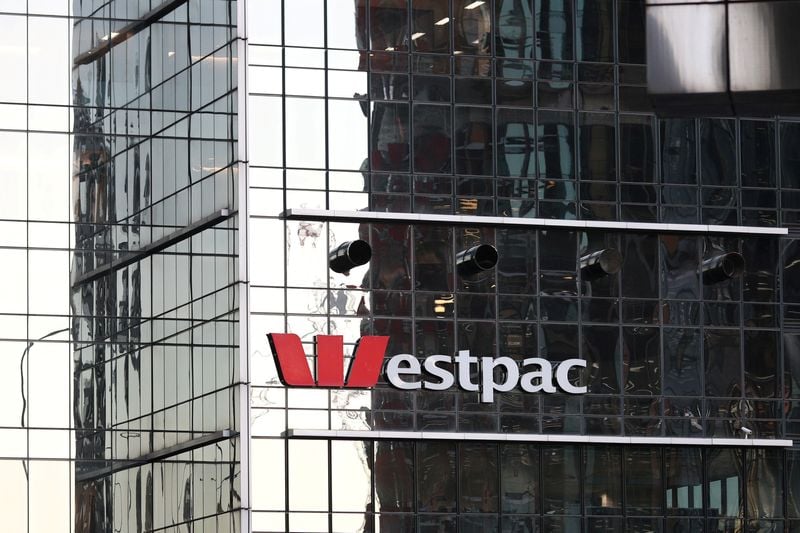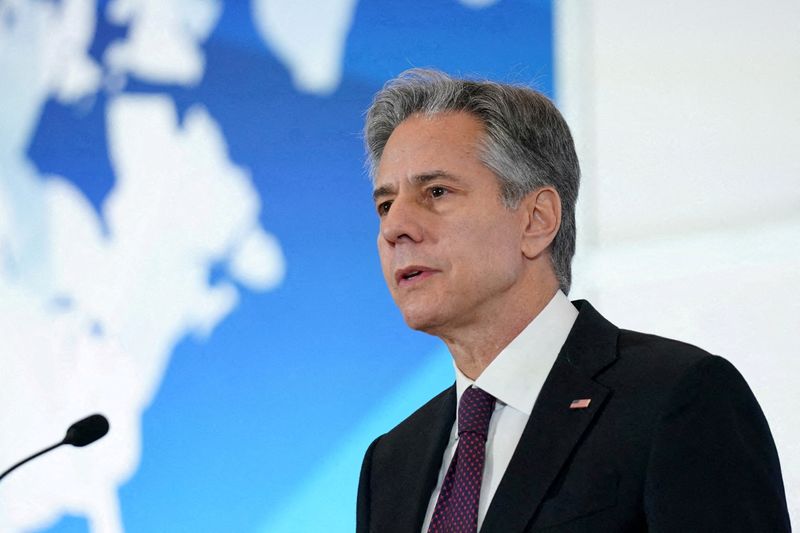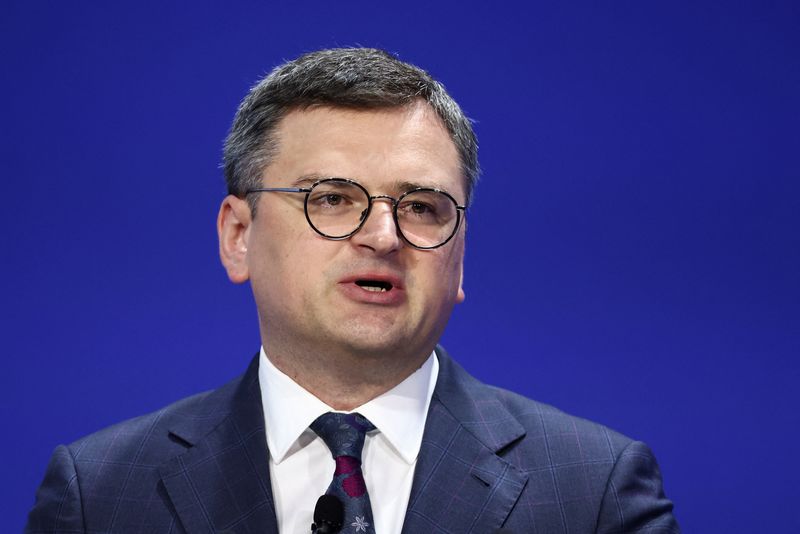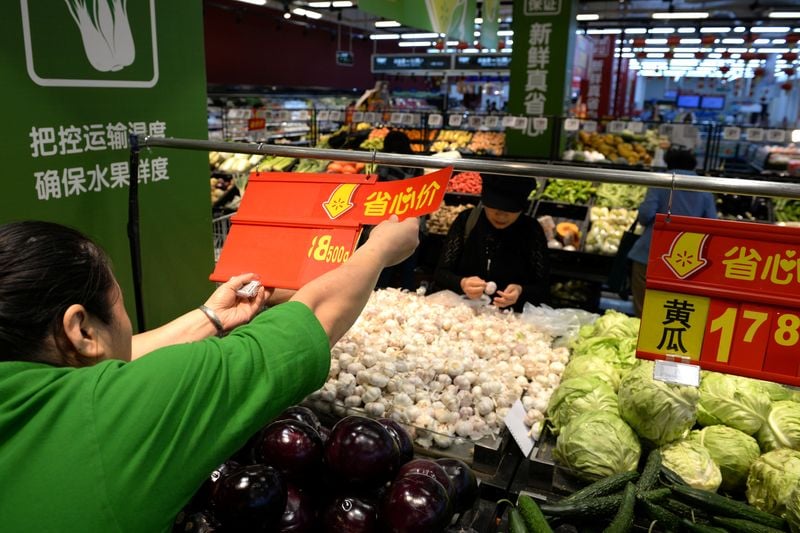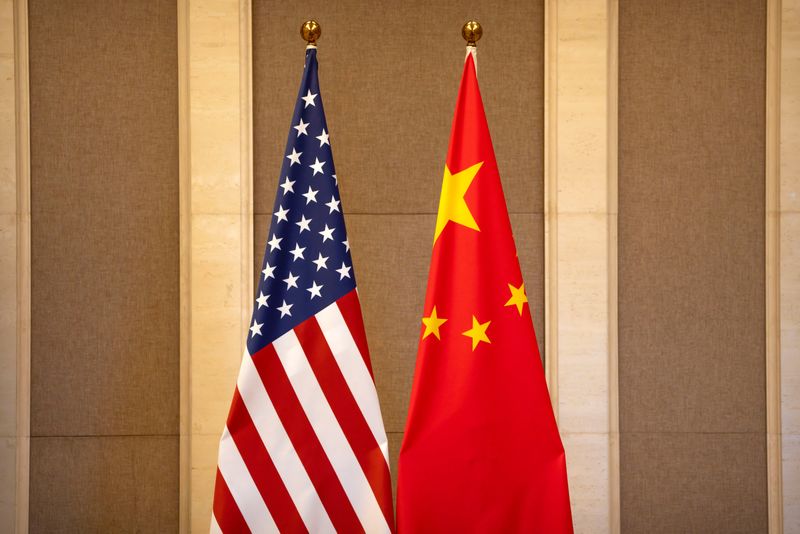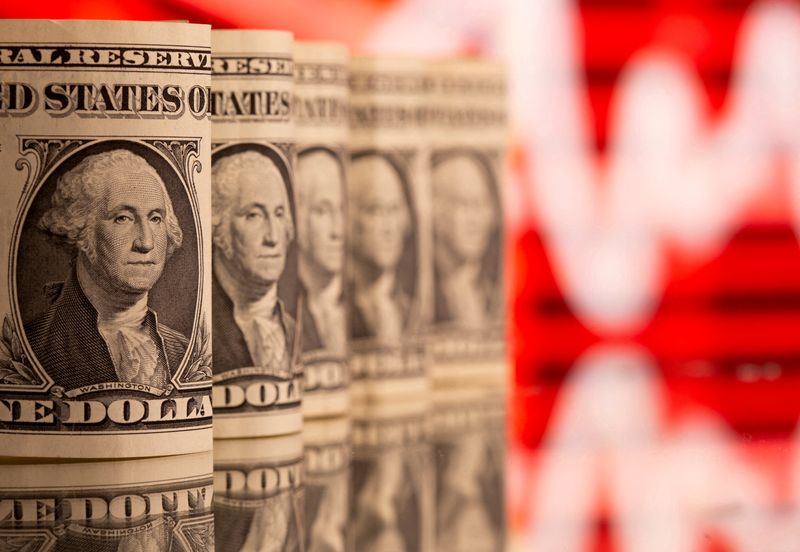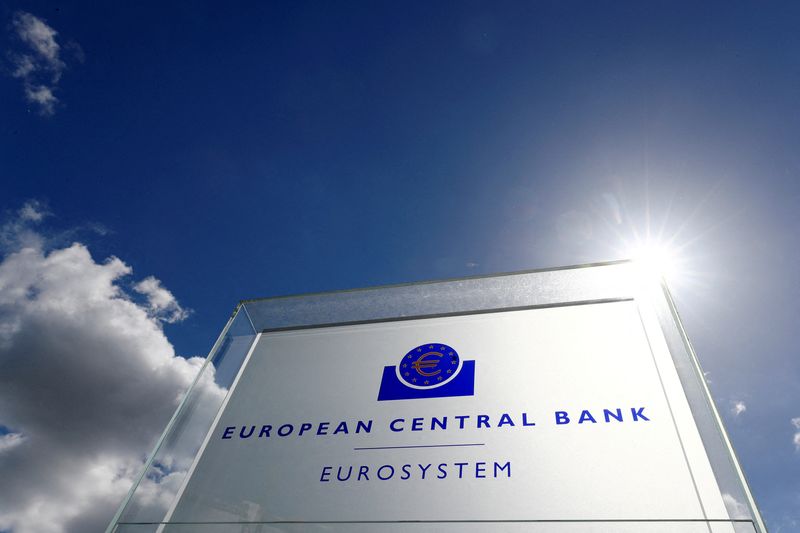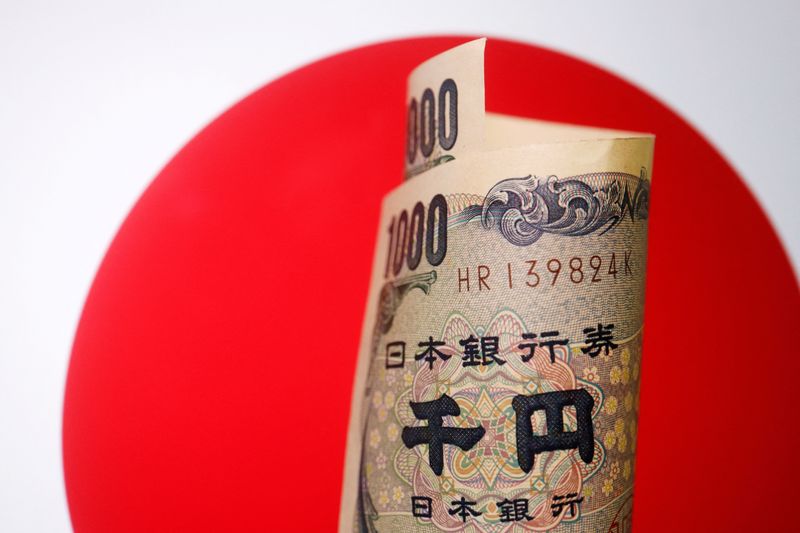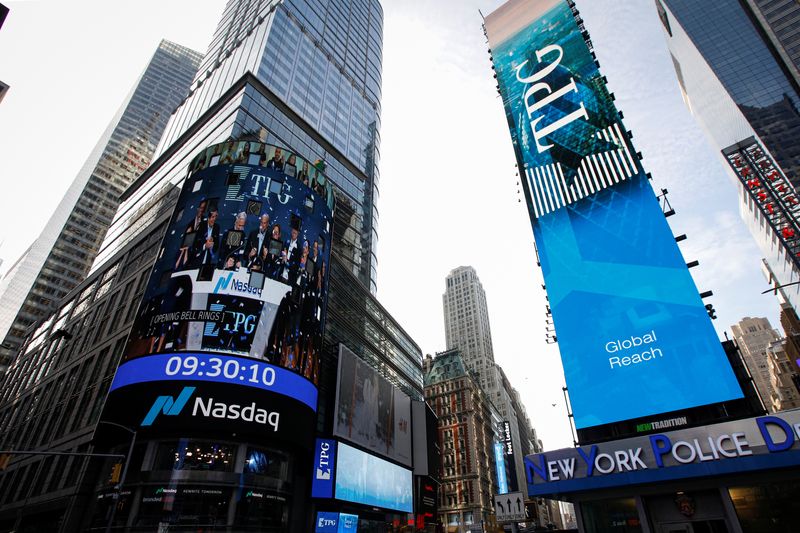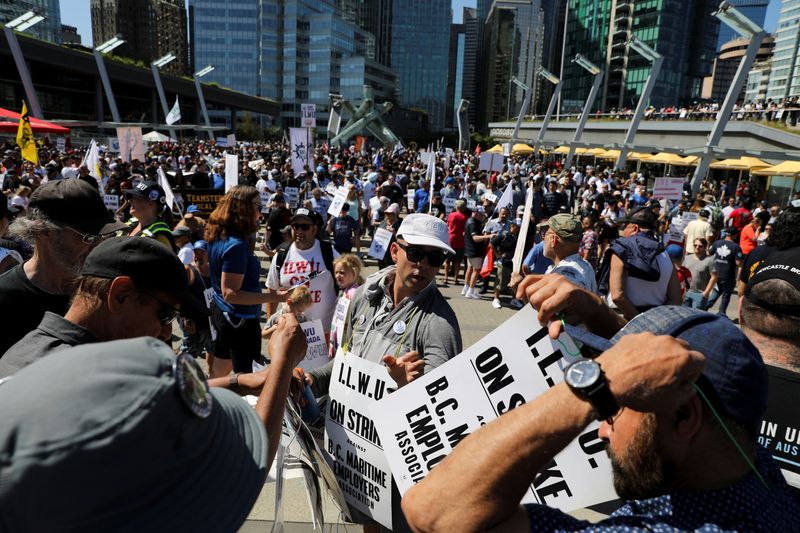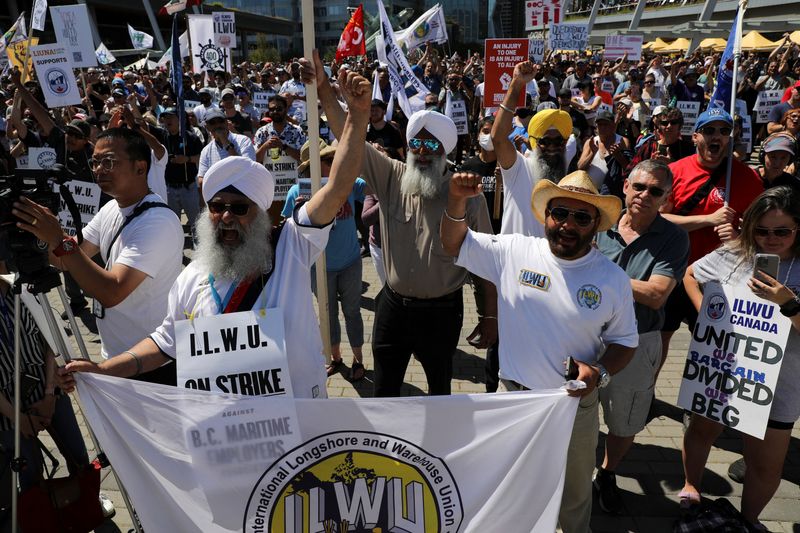By Clare Jim
HONG KONG (Reuters) -For most young adults, moving out of home is a rite of passage but in Hong Kong – notorious for its chronic lack of housing – it’s usually an unaffordable dream.
Silver Ho, a 26-year-old hair stylist assistant who was tired of arguing with his parents, counts himself as one of the lucky ones. Two months ago, he landed a spot at a new so-called “youth hostel”, which offers rooms for young adults that are subsidised by the Hong Kong government and can be rented for up to five years.
His 22 square metre (240 square foot) twin-bed room he’ll share with another person is only a bit smaller than the public housing unit he shared with his parents.
Ho also pays rent of just HK$4,400 ($560) per month, 27% cheaper than a space in a sub-divided flat in the same neighbourhood. Such partitioned units often have no personal bathroom and are barely big enough for a bed.
The hostel programme, ramped up last year under pressure from Chinese President Xi Jinping, is aimed at tackling youth frustration with housing – a factor Beijing believes contributed to the anti-government pro-democracy protests that rocked the city in 2019.
Ad: Save every day with Amazon Deals: Check out today's daily deals on Amazon.
It’s also aimed at nurturing what the government considers to be good responsible citizens and providing opportunities for self-development.
Applicants – who must be younger than 31, earn less than HK$25,000 ($3,200) a month and have less than HK$380,000 in assets – are chosen after interviews. They are also required to do 200 hours a year of community service or approved activities to keep their rooms.
For Ho, gaining a room at the BeLIVING hostel has meant independence and saving on commuting time. It’s the first to have been converted from a hotel under a new scheme and unlike the city’s three other hostels, is conveniently located in the bustling commercial area of Causeway Bay.
“I now have more time in the salon to learn new skills and practise. That helps increase my chances of getting a promotion,” he said.
HOME TRUTHS
Hong Kong has been the world’s least affordable housing market for 13 consecutive years, according to research firm Demographia, and housing woes are widely blamed for most of the city’s social problems.
Public housing units are available for low-income people but the average waiting time is 5.3 years. Families and the elderly are favoured, so the chances of one going to a young single person are close to nil.
Hong Kong’s hostel programme first started in 2011 but only gained momentum after Xi visited the city last July and said the government must do more to tackle youth housing and job problems while creating more opportunities for self-development.
At the time, the city had only one hostel with 80 beds. Since then, however, the government has pledged to boost supply.
It now aims to provide 3,000 beds in five years through hotel-to-hostel conversions, which would come on top of 3,400 planned under the first programme that are either being built from scratch or through redeveloping properties owned by non-profit groups.
A survey by the Concerning Youth Housing Rights Alliance published in May suggests the hostels will have limited appeal with close to 90% of respondents saying they don’t plan to apply. Most are instead prioritising saving up to purchase their own flat one day.
That said, applicants for the BeLIVING hostel outstripped the number of beds 5 to 1.
New BeLIVING resident Chelsea Tung sees her move as both a chance to live with her boyfriend while putting aside money for a flat of their own.
“I’ll be able to save up for a downpayment here,” the 23-year-old insurance agent said.
The programme faces several hurdles.
It may be hard to boost the number of hostels as hotels, previously hit hard by three years of pandemic restrictions, are now seeing more demand.
Non-profit groups that run the hostels are also struggling to find a sustainable financing model.
The group that runs the city’s first hostel built under the government scheme said all its rental income goes towards building maintenance and project management.
“We need to think of ways to cut costs and to raise funds to keep operating,” said Carrie Wong, a supervisor at the Hong Kong Federation of Youth Groups.
Ngai Ming Yip, a professor of housing and urban studies at City University of Hong Kong, said the hostel scheme will only provide a limited amount of supply and only goes so far in ameliorating frustration among the city’s youth.
“The root of the problem is not only housing. Research has shown it’s related to young people’s views towards opportunity, outlook, politics, democracy, everything,” he said.
($1 = 7.8136 Hong Kong dollars)
(Reporting by Clare Jim; Editing by Anne Marie Roantree and Edwina Gibbs)






